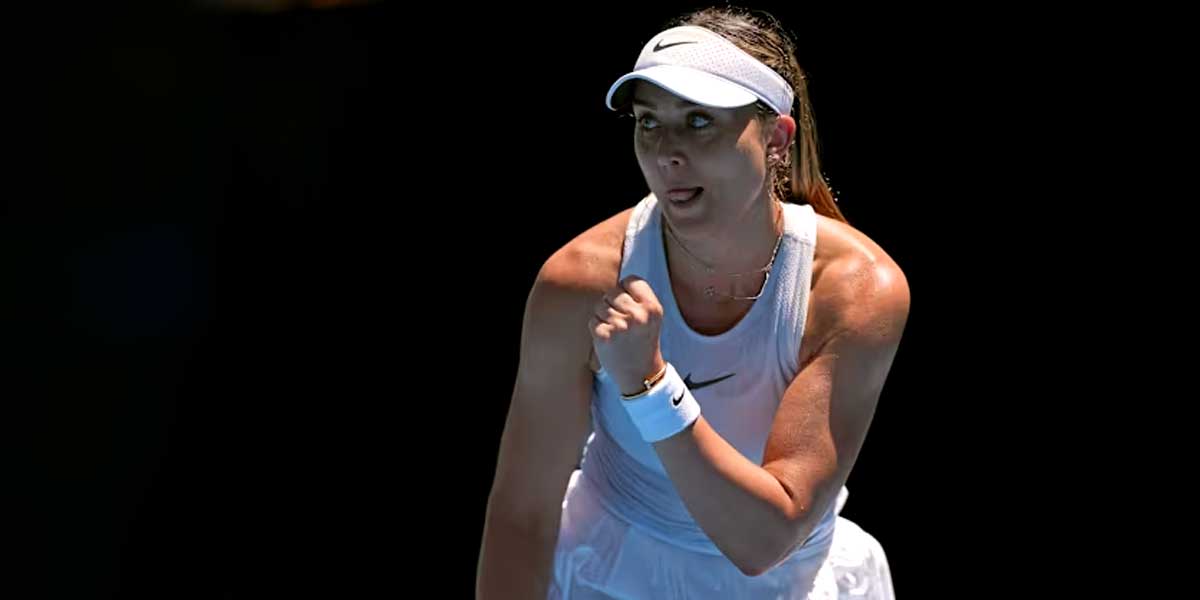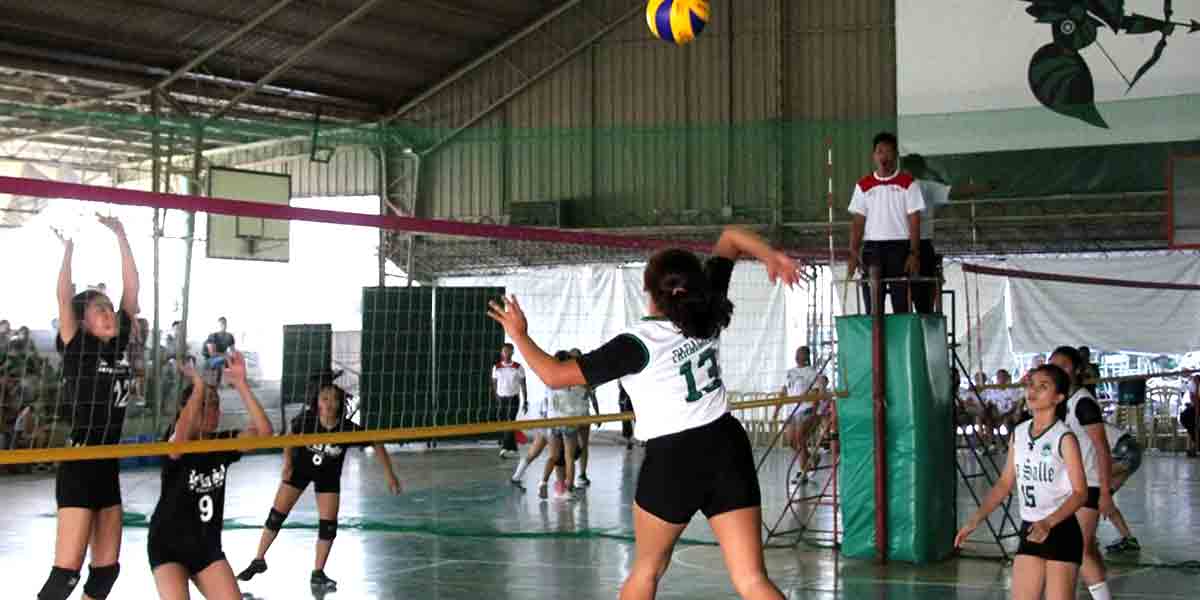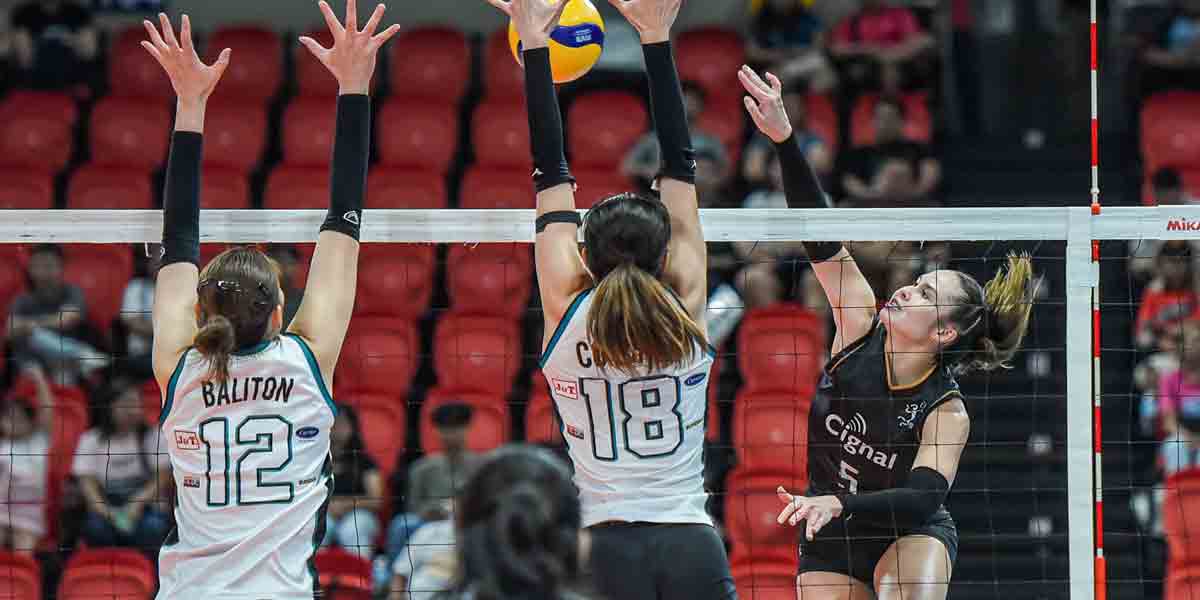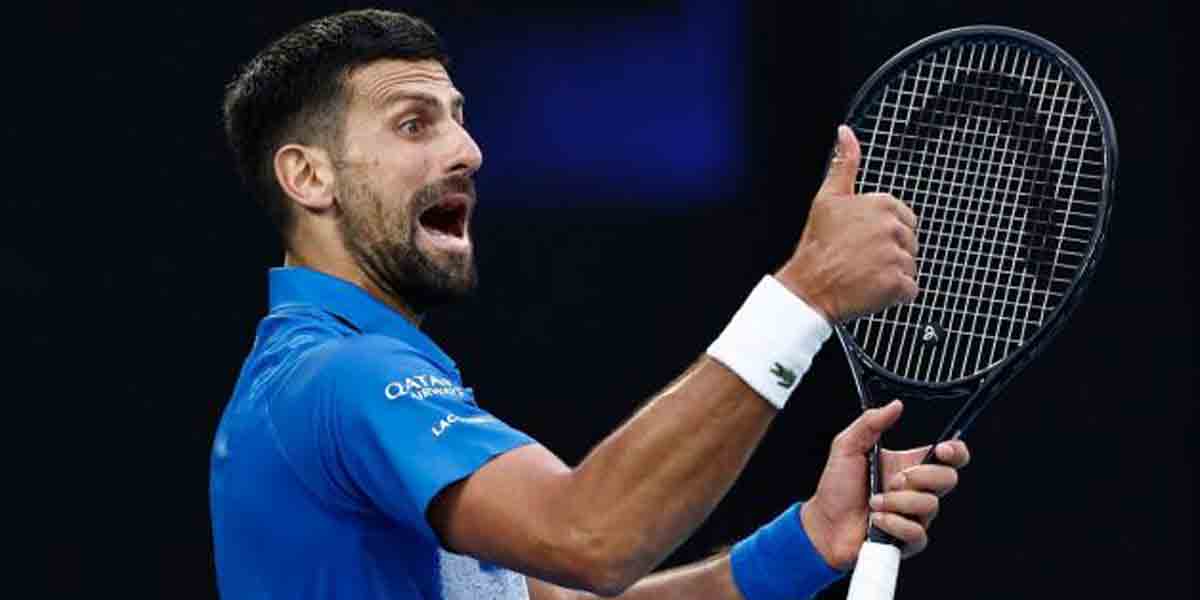By Herman M. Lagon
Good sportsmanship is essential in athletics. Fair competition thrives on mutual respect for teammates, opponents, and officials. True sportsmanship shifts the focus from winning alone to the character-building process inherent in every game. In a world driven by accolades and medals, the sportsmanlike athlete finds value in integrity just as much as victory, recognizing that competition merges skill, respect, and humility into one pursuit.
Currently ongoing, the Regional State Colleges and Universities Athletic Association (RSCUAA) 2024, hosted by Iloilo State University of Fisheries Science and Technology (ISUFST), highlights these values. Athletes from the state universities across Western Visayas embody sportsmanship, displaying the theme, “One Western Visayas: Promoting Peace, Inclusivity, and Well-Being through Sports.” This festival doesn’t merely showcase athletic prowess but is a beacon of unity, reminding us that shared principles bridge institutions and communities.
Sportsmanship means winning and losing gracefully. While everyone loves a win, defeat often reveals the strength of character more profoundly. Genuine athletes shake hands after a loss, respect the opponent’s skill, and reflect on their performance without bitterness. Research from the Positive Coaching Alliance (2021) shows that players who emphasize learning from losses and respecting outcomes are likelier to grow their skills and foster deeper relationships in their sport. This resilience is an asset that endures beyond the field, shaping individuals ready to handle life’s challenges.
Respect in sports extends far beyond players to include everyone in attendance. Parents, coaches, and fans set the tone, deeply influencing how young athletes view success and failure. A study by Sports Psychology Today (2022) points out that children with parents who model calm, supportive behavior during games are less likely to develop sports-related anxiety. When parents respect officials’ calls, cheer constructively, and support all players, they reinforce the idea that sports are about development, not just winning.
Within teams, a supportive player or coach can change the entire game dynamic. Encouraging teammates, sharing playtime, and uplifting others during mistakes fosters an environment where everyone feels valued. Recognizing teammates’ unique strengths and weaknesses develops empathy—a trait as vital off the field as it is on it.
Sportsmanship also requires self-control, especially under pressure. Managing emotions—whether sparked by a bad call, an error, or an irritating heckler—shows a maturity that benefits everyone involved. Tennis icon Serena Williams highlights this in her MasterClass, emphasizing that one of sports’ greatest challenges is maintaining composure in heated moments. Self-control not only enhances performance but also keeps the game enjoyable and safe for all.
Additionally, sportsmanship involves respecting the rules, referees, and coaches. A fair player adheres to regulations, resisting the urge to cheat, even with high stakes. Research from the Journal of Sportsmanship and Ethics (2020) reveals that athletes who honor these values enjoy a more lasting satisfaction from their achievements, knowing they’ve succeeded through genuine effort. For athletes, honesty in play builds a reputation of integrity, a quality that enriches both personal lives and future careers.
The sense of community within events like RSCUAA extends the impact of sportsmanship beyond competition. ISUFST’s hosting of the RSCUAA 2024 Sports Festival brings together athletes and supporters to celebrate athleticism and camaraderie. The event’s theme reflects shared goals of unity, peace, and inclusivity, underscoring that fierce competition can coexist with shared values that transcend rivalry.
Programs like Values Education through Sport (VETS) highlight that sports are a platform for teaching essential life skills like respect, teamwork, and self-confidence. Supported by UNESCO (2021), VETS aligns with global educational goals by integrating fair play and character-building into sports, fostering responsible citizenship. RSCUAA’s athletes exemplify these principles, embracing the philosophy of winning with dignity and losing with grace, a testament to the tournament’s broader impact on personal development.
Ultimately, every individual on the field, in the stands, or coaching from the sidelines benefits from practicing good sportsmanship. By playing a good game and cultivating good character, sports become a microcosm of life itself. The handshakes, encouraging words, and resilience shown in the ongoing RSCUAA games, for instance, remind us that each match contributes to a legacy of unity, respect, and endurance–characters that last longer than medals and trophies combined.
***
Doc H fondly describes himself as a “student of and for life” who, like many others, aspires to a life-giving and why-driven world grounded in social justice and the pursuit of happiness. His views do not necessarily reflect those of the institutions he is employed or connected with.





















